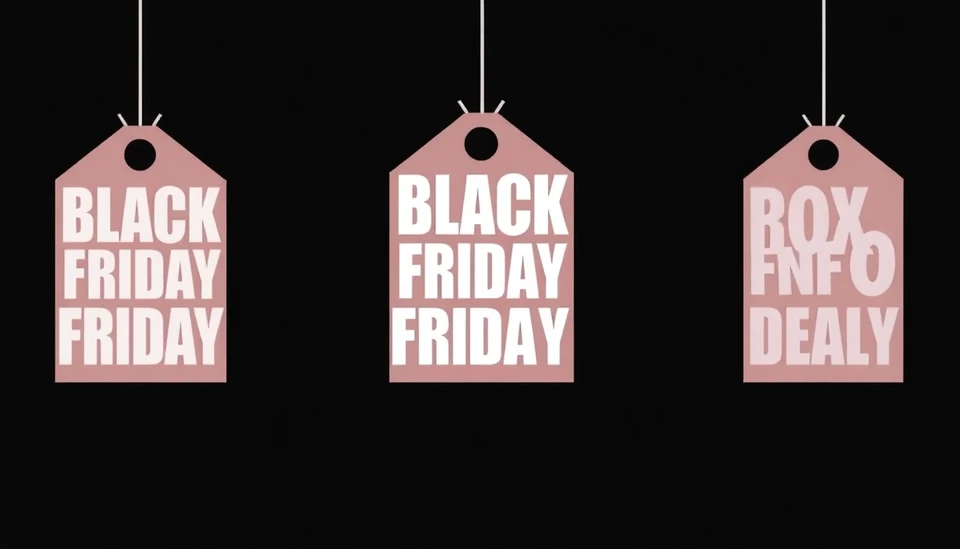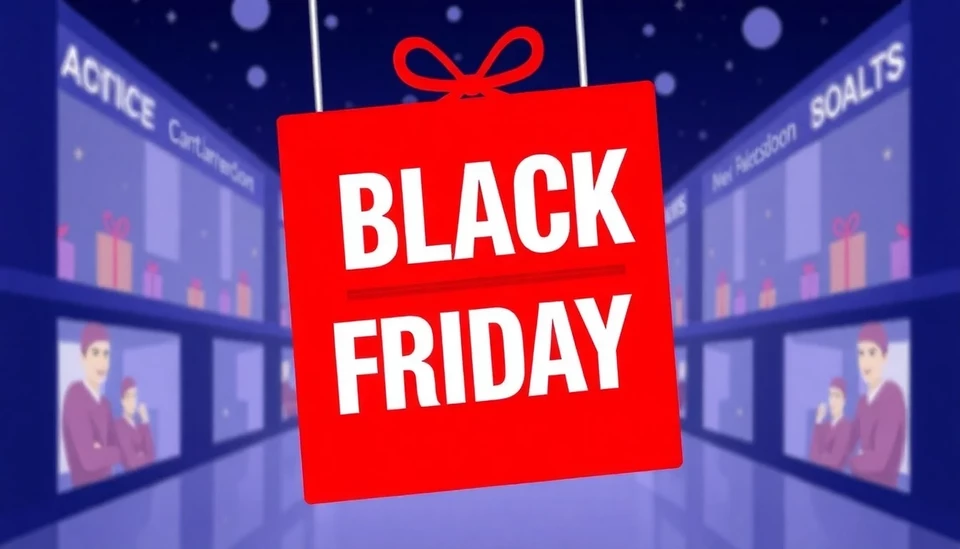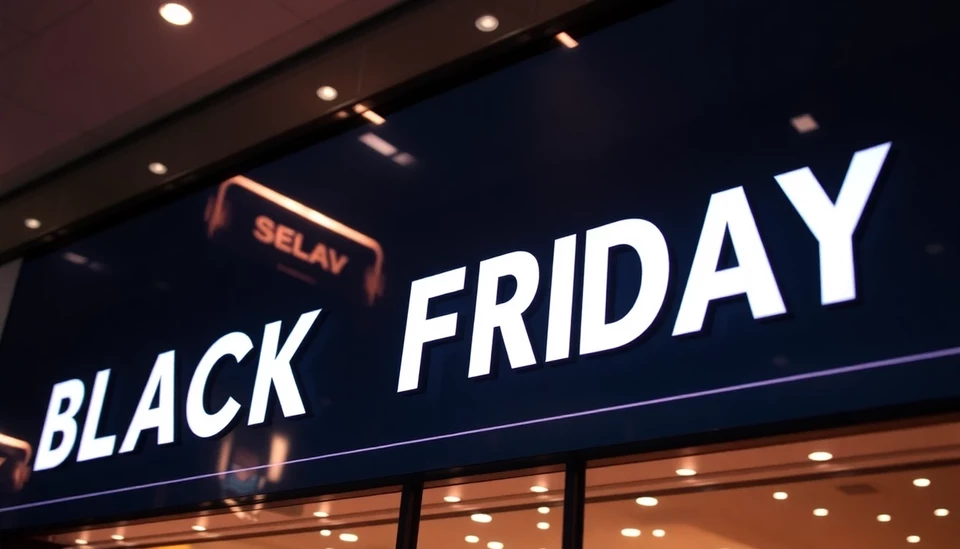
This year’s Black Friday shopping surge in the United States has been significantly shaped by the ongoing impact of inflation, leading to changes in consumer behavior and the types of deals available. As inflation continues to affect the economy, both retailers and shoppers are navigating a landscape that resembles a balancing act between affordability and the desire for savings during this key shopping event.
According to industry reports, shoppers are approaching this year’s Black Friday with caution. With rising costs on essential goods such as groceries and gasoline, consumers are tightening their purse strings. This shift in behavior has prompted retailers to rethink how they present their promotions and discounts.
Retailers are increasingly aware that traditional strategies may not resonate in the current economic climate. Many have opted for early holiday promotions to draw in customers before the peak shopping days, hoping to mitigate the effects of inflation by spreading sales throughout the month of November. This shift helps create a sense of urgency without overwhelming customers on a single day.
Another notable change this year is the variety of discounts being offered. Retailers are focusing less on staggering markdowns and more on perceived value. For instance, while discounts might be smaller than in previous years, bundling products or offering loyalty rewards has become a prevalent strategy to attract budget-conscious consumers. Shoppers can expect to see more ‘buy one get one’ offers and other incentives that enhance the overall value of their purchases.
Interestingly, consumer preferences are shifting as well. Electronics and home goods have historically dominated Black Friday sales, but data shows that shoppers are now more inclined to seek out deals on everyday essentials and practical items due to their rising costs. As a result, retailers are diversifying their offerings, incorporating necessities alongside more traditional holiday gift items.
The use of online shopping continues to play a crucial role as well. With the convenience of e-commerce, many consumers are turning to digital platforms for Black Friday deals, allowing them to compare prices easily and make informed purchasing decisions. This trend demonstrates a significant shift in the shopping experience, providing a more personalized and less chaotic environment for bargain hunting.
As Black Friday approaches, economic experts suggest that while the discounts may be less dramatic than in years past, the willingness of consumers to spend remains, especially among those willing to search for value. The blend of inflation and seasonal promotions will likely set the stage for what could be a unique and telling holiday shopping season.
In summary, this year’s Black Friday is not just about chasing the biggest deals; it's about understanding the practical implications of inflation on consumer behavior. Whether through online shopping or early promotions, both consumers and retailers are adapting to the economic realities that are redefining this shopping tradition.
#BlackFriday #Inflation #RetailTrends #ConsumerBehavior #ShoppingStrategies
Author: Samuel Brooks




